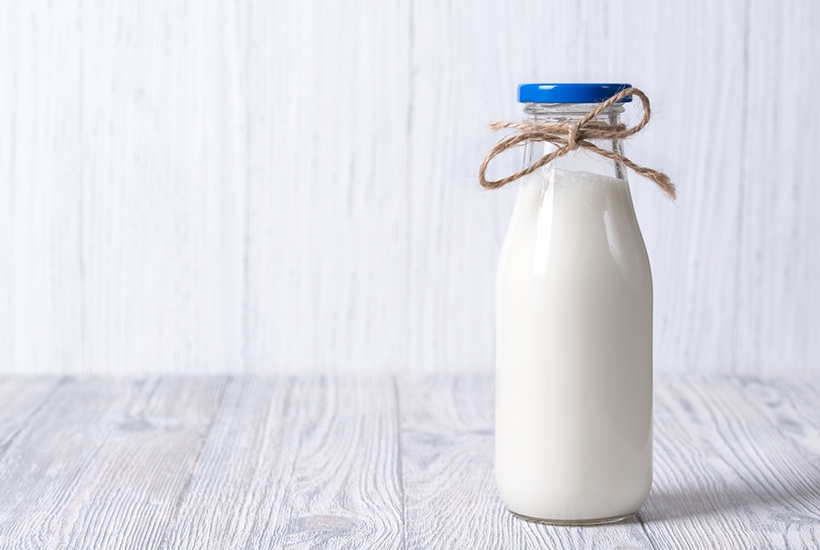‘We can now see the sunlight and the pasture ahead of us,’ said Boris Johnson on our escape from a tunnel under an Alpine peak. One could almost hear the cowbells and the echo of a yodel.
From schooldays the Prime Minister will remember in chapel the Psalm ‘The Lord is my shepherd’, which declares: ‘He shall feed me in a green pasture.’ The Prayer Book superscribes the psalm with its Latin beginning ‘Dominus regit me’. Under Elizabeth I, places where Latin was expected to be understood, such as Oxford, Cambridge and Eton, could use a Book of Common Prayer in Latin. I don’t think it has been much seen in living memory.
Pasture comes from Latin. The late Latin pastura is post-classical and never encountered by those studying Cicero and Virgil. But in classical Latin, past– is the past-participial stem of pascere, ‘to feed or graze’. Oliver Goldsmith even tried out the present participial form (pascens, pascent-) in writing: ‘The pascent creature finds a bed which at once supplies food and protection.’ It didn’t catch on.
But the Oxford English Dictionary, revising its entry for this one example of pascent in 2005, enthusiastically noted that pascere shares ‘the same Indo-European base as Tocharian B pask-, to guard, protect, pasture’.
The Tocharian language became extinct in the 9th century. When its written remains were first studied in the 20th century, it was thought to have been spoken in Bactria, where the camels come from (north of the Hindu Kush). But Tocharian B was in reality spoken around Kucha (now Kuqa) on the Silk Road north of the Taklamakan desert, in Xinjiang, China, north of Tibet.
Anyway among the curious connections of pasture is pasteurised milk. It is of course named after Louis Pasteur, who applied a method of killing off microbes to wine, not milk. British people tend to assimilate the pronunciation of pasteurised to the English pasture rather than the French Pasteur. They say ‘pasturised’. You’ll recall Sue, the sweetheart of Ernie (who drove the fastest milkcart in the west). She wanted to bathe in milk. ‘He said: “D’you want it pasteurised / Cos pasteurised is best?” / She said, “Ernie I’ll be happy / If it comes up to my chest”.’
Got something to add? Join the discussion and comment below.
Get 10 issues for just $10
Subscribe to The Spectator Australia today for the next 10 magazine issues, plus full online access, for just $10.
You might disagree with half of it, but you’ll enjoy reading all of it. Try your first month for free, then just $2 a week for the remainder of your first year.















Comments
Don't miss out
Join the conversation with other Spectator Australia readers. Subscribe to leave a comment.
SUBSCRIBEAlready a subscriber? Log in